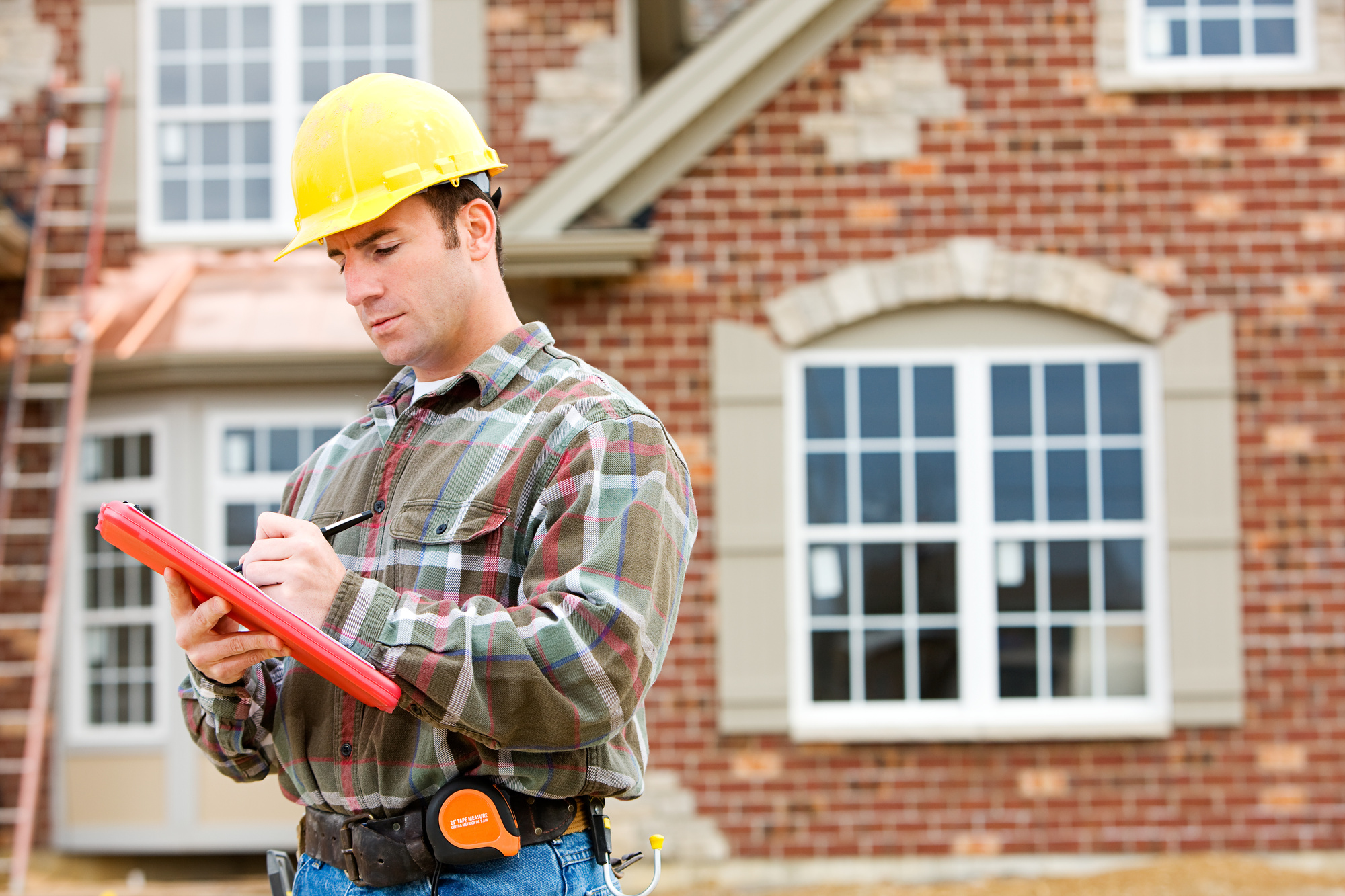
Getting a home inspection before closing on your new property can add stress to the whole process. However, approximately 84% of new homebuyers recognize the importance of knowing what they’re getting into before making such a large investment. The decision to get additional specialized tests, besides the standard inspection, is much more challenging. Sometimes, it can feel like agents and technicians are selling you on unnecessary expenses. So, when should you pay for extra testing?
When the Region Has Particular Problems
Certain areas of the country have particular issues. For example, places with sandy soil are more likely to have termites than those with clay soil. Radon rises up from the ground. Therefore, if other homes in your neighborhood have had to hire a radon mitigation contractor Cleveland, then it’s probably a good idea to get your home tested.
Regional issues should be viewed as a red flag. The absence of them doesn’t mean you are 100% in the clear. Listen to your agent and speak to your neighbors about any local problems that tend to come when homes are sold. But, don’t turn a blind eye to potential problems just because they aren’t typical.
When Your Home Has Special Features
Special features, like a pool or fireplace, are usually part of what attract homebuyers to a particular home. It’s ok to be hypnotized by the idea of floating around in a pool, but make sure that pool isn’t going to turn into a money pit.
A chimney inspection is vitally important if you have a fireplace. It may prevent fires, smoke damage and carbon monoxide poisoning. If your home was built prior to 1978, then you should get additional lead and asbestos testing done.
When the Standard Inspection Reveals a Potential Problem
The reason that majority of home buyers pay for a home inspection is to identify potential problems. A home inspector is there to look for issues, but they are not experts in everything. If your inspector suggests that you get additional testing or consult another professional, then you should listen.